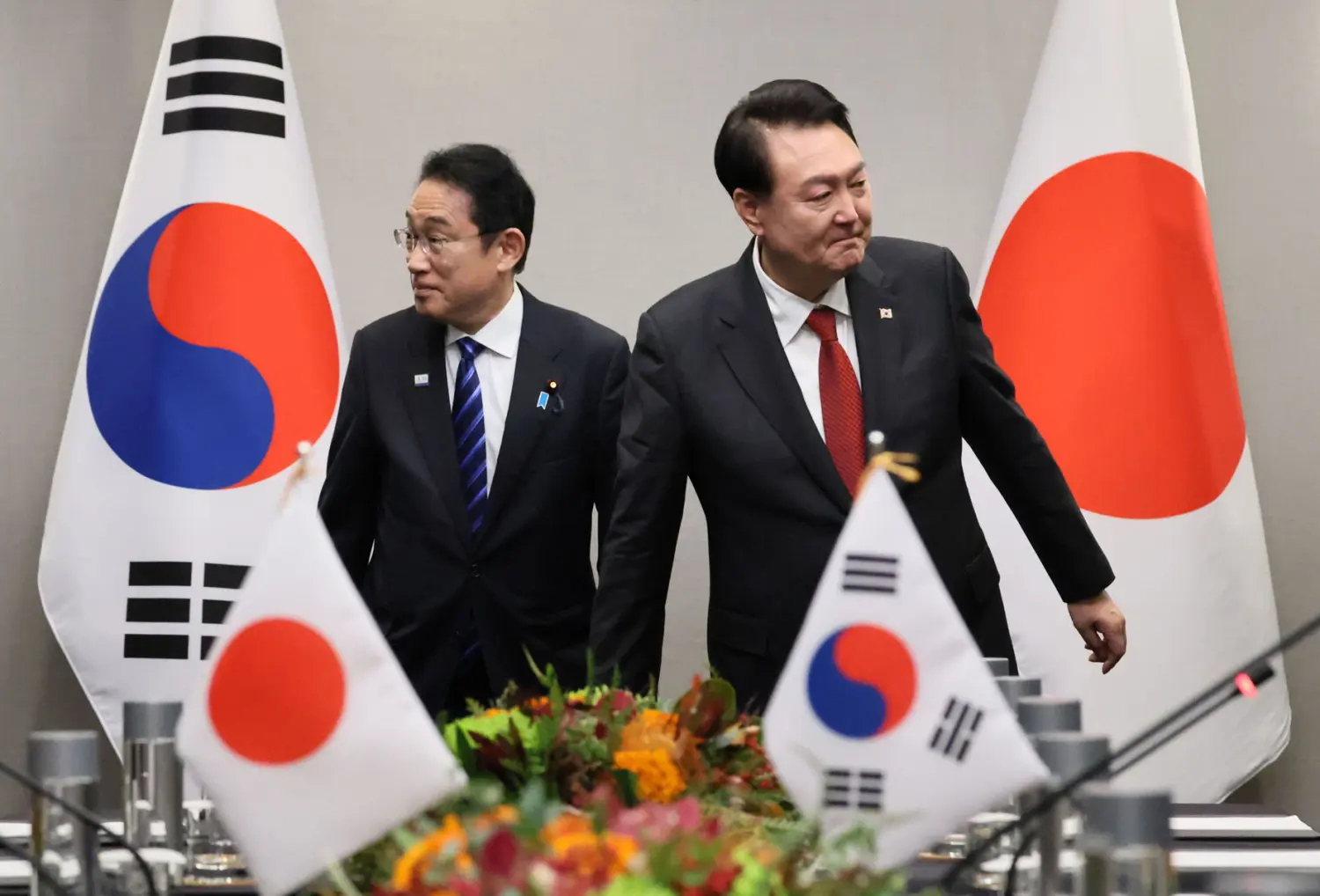Investors have been closely watching for potential intervention in the Japanese yen, but recent statements have sparked discussions about the possibility of “coordinated intervention” involving South Korea as well.
The Japanese yen has been trading near 34-year lows against the U.S. dollar, facing challenges since the Bank of Japan raised rates in March, causing it to slip below 150.
At the same time, the South Korean won recently hit an 18-month low of 1,389.5 against the dollar. Authorities in both countries have expressed concerns over the “excessive” movement in their currencies.
In response to the volatility, the U.S. last week acknowledged the “serious concerns” of Japan and South Korea regarding the sharp depreciation of their currencies.

The Treasury Department stated that all three parties agreed to “consult closely on foreign exchange market developments,” sparking speculation about potential coordinated currency intervention.
James Brady, Vice President of the political risk advisory team at Teneo, noted that this would align with a recent trend of increased cooperation between Japan and South Korea.
He emphasized the significance of the statement mentioning “serious concern,” suggesting that coordinated action could yield political as well as economic benefits by boosting both the yen and the won against the dollar.
However, Brady cautioned that the effectiveness of such interventions would depend on U.S. participation. Without U.S. support, interventions in the yen typically result in only short-term effects before the currency reverts to its previous trajectory.

Brady suggested that joint policy coordination between South Korea and Japan could amplify their messages to the market and enhance short-term impact compared to unilateral actions. Nevertheless, both countries acknowledge the dominant role of the U.S. in the currency market.
If the central banks of Japan and South Korea decide to intervene, Brady expects them to jointly make the decision and execute parallel operations without public announcements.
Regarding the Japanese yen’s performance, Frederic Neumann, HSBC’s Chief Asia Economist, highlighted that while markets focus on psychological levels like 150, the more critical factor is the pace of the yen’s depreciation.
Neumann suggested that a gradual weakening of the yen might not meet resistance from Japanese authorities, given its benefits to exports amid a weaker euro and Chinese yuan.
While Brady believes it would be unexpected for the yen to fall below 160 without at least symbolic intervention, he noted that past precedents indicate interventions may not necessarily target psychologically significant numbers.







Leave a Reply